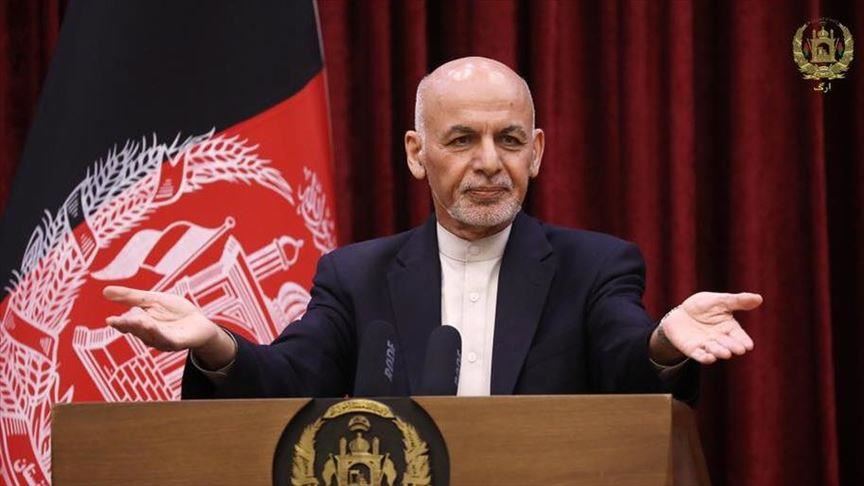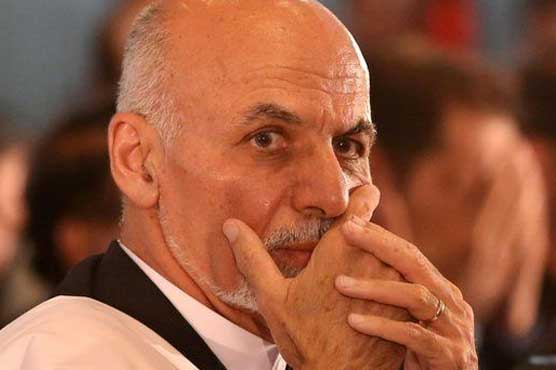
Leadership Journey Of Mohammad Ashraf Ghani
Introduction:
Mohammad Ashraf Ghani, a name synonymous with resilience and leadership, has left an indelible mark on the political landscape of Afghanistan. From his early academic pursuits to his tenure as the President, Ghani’s journey embodies determination, intellect . And a steadfast commitment to the welfare of his nation. In this comprehensive exploration, we delve into the life, accomplishments, and legacy of this remarkable statesman.
Early Life and Education:
Born on May 19, 1949, in the city of Kabul, Mohammad Ashraf Ghani hails from a prominent Pashtun family. His academic prowess manifested early on . Earning him scholarships to prestigious institutions such as the American University in Beirut and Columbia University in New York. Ghani’s academic journey culminated in a Ph.D. in Anthropology, laying the foundation for his future endeavors in academia and public service. Leadership Journey of Mohammad Ashraf Ghani
Academic and Professional Achievements:
Ghani’s intellectual curiosity and dedication to public service defined his professional trajectory. He served as an esteemed professor at several renowned universities, including Johns Hopkins University and the University of California, Berkeley . Where his research focused on state-building and development economics. His seminal works, including “Fixing Failed States,” earned international acclaim for their insightful analysis and pragmatic solutions to complex societal challenges.
Entry into Afghan Politics:
Ghani’s transition from academia to politics marked a pivotal moment in Afghanistan’s contemporary history. Following the fall of the Taliban regime, he returned to his homeland with a singular mission: to contribute to the reconstruction and revitalization of Afghanistan. His expertise in governance and development garnered widespread recognition, leading to key roles in the Afghan government and international organizations.
Presidential Tenure and Policy Initiatives:
In September 2014, Mohammad Ashraf Ghani assumed office as the President of Afghanistan, amid a backdrop of daunting challenges, including political instability and security threats. Undeterred by adversity, Ghani embarked on an ambitious agenda to foster national unity, promote economic growth, and combat corruption. His administration prioritized education, healthcare, and infrastructure development, laying the groundwork for sustainable progress and prosperity.
Legacy and Impact:
Ghani’s tenure as President was marked by both accomplishments and controversies. While his efforts to modernize Afghanistan’s infrastructure and institutions were commendable, criticism arose regarding issues of governance, security, and human rights. Nevertheless, his unwavering commitment to democratic principles and nation-building endeared him to many Afghans and earned him respect on the global stage. Leadership Journey of Mohammad Ashraf Ghani
Conclusion:
In retrospect, Mohammad Ashraf Ghani’s legacy transcends the confines of partisan politics, embodying the aspirations and challenges of a nation in transition. His leadership, though subject to scrutiny, reflects a deep-seated belief in the resilience and potential of the Afghan people. As Afghanistan navigates its path forward . Ghani’s contributions serve as a testament to the enduring quest for stability, prosperity, and democratic governance in the heart of Asia.
